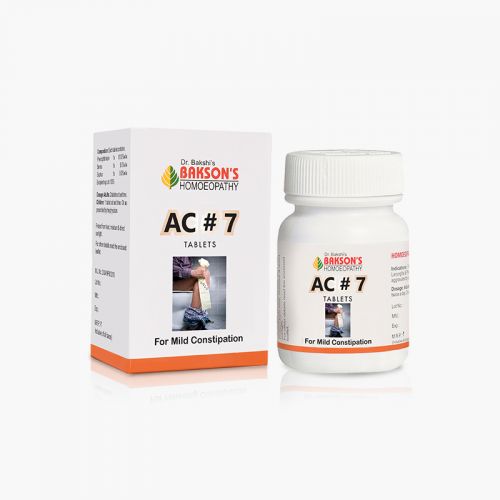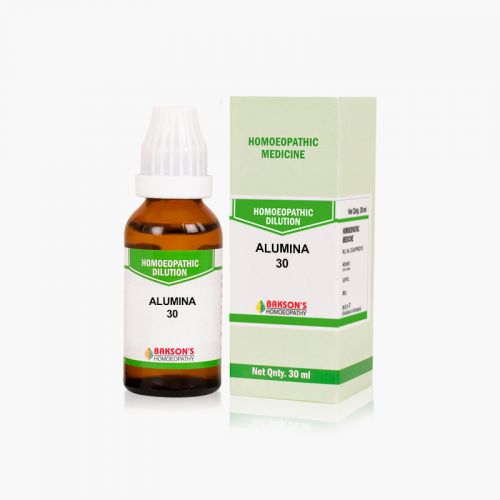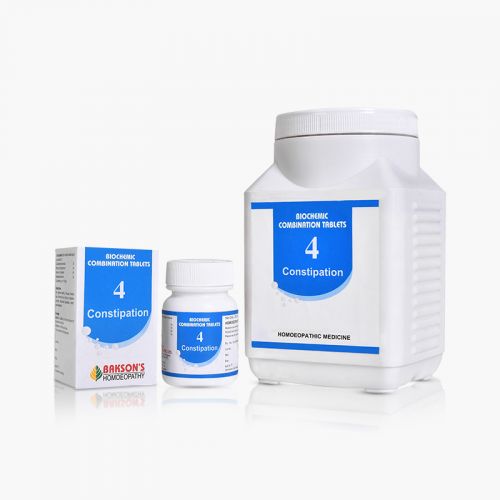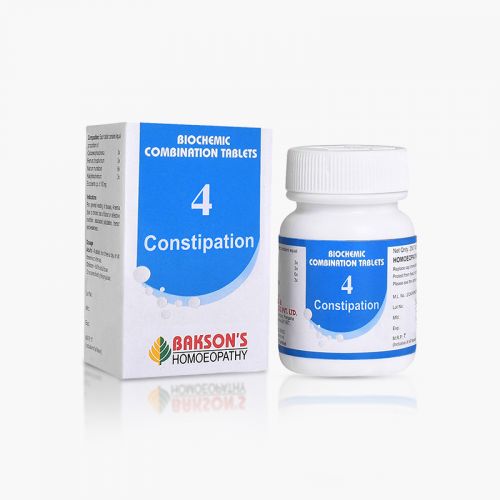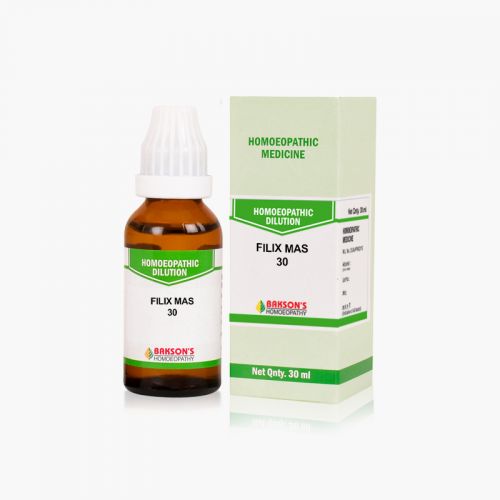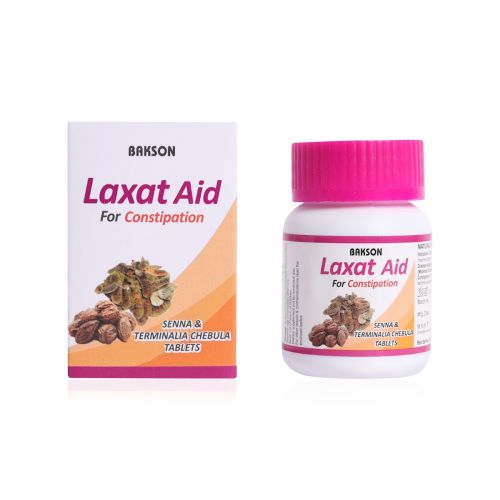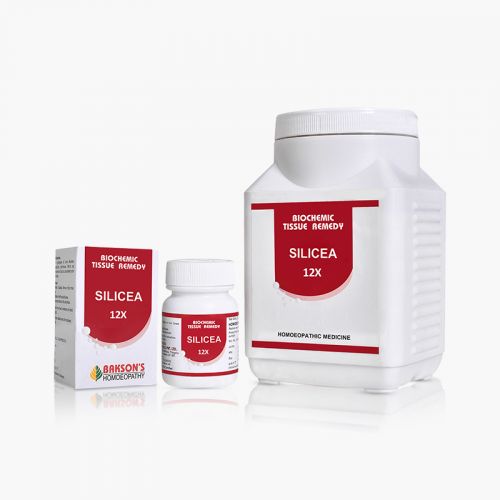We use cookies to make your experience better. To comply with the new e-Privacy directive, we need to ask for your consent to set the cookies. Learn more.
What is Constipation?
Constipation is generally described as having fewer than three bowel movements a week. Functional constipation is a prevalent condition in childhood affecting about 29.6% of the population worldwide.
Chronic idiopathic constipation is characterized by lack of periodicity in defecating, difficulty or pain during defecation without an identifiable organic cause, such as physiological, anatomical, radiological, or histological.
Rome IV criteria establish functional constipation when 2 or more of the following are present for at least one month for infants and children up to 4 years. For children older than 4 years of age, symptoms should last for at least 2 months:
- Two or fewer bowel movements per week
- At least one episode of fecal incontinence per week after the child has acquired complete bowel control
- History of extensive fecal retention or withholding behavior by the child
- Having hard and painful stools
- Large fecal mass on digital rectal examination
- Large in diameter of stools that cause rectal outlet obstruction
Causes
Factors involved in constipation include:
- low fiber diet
- Caffeine abuse
- Overuse of alcohol
- Medications
- Endocrine disorders (hypothyroid)
- Neurologic disease (neuropathy)
- Psychological issues
Causes of constipation may be divided into following broad categories:
- Functional (Non-Organic) or Retentive: which includes constipation due to fecal withholding behaviors and when all organic causes have been ruled out.
- Anatomic causes include anal stenosis or atresia, anteriorly displaced anus, imperforate anus, intestinal stricture, anal stricture.
- Abnormal musculature related causes include prune belly syndrome, gastroschisis, down syndrome, muscular dystrophy.
- Intestinal nerve abnormality-related causes include Hirschsprung disease, pseudo-obstruction, intestinal neuronal dysplasia, spinal cord defects, tethered cord, spina bifida
- Drugs like anticholinergics, narcotics, antidepressants, lead, vitamin D intoxication.
- Metabolic and endocrine causes like hypokalemia, hypercalcemia, hypothyroidism, diabetes mellitus (DM), or diabetes insipidus.
- Other causes include celiac disease, cystic fibrosis, cow milk protein allergy, inflammatory bowel disease, etc.
Diagnosis
Diagnosis is mainly clinical and doesnעt require investigations but in cases which fail to improve diagnostic tests like anorectal manometry, colonic manometry, colonic transit studies and imaging such as x-ray and ultrasound helps to guide further.
Management
It is essential to educate the patient on lifestyle modifications. A diet high in fiber is essential, avoid drugs that cause constipation and participate in regular exercise. Drinking ample water and avoiding too much alcohol and coffee may also help.
Warning: Above information provided is an overview of the disease, we strongly recommend a doctor's consultation to prevent further advancement of disease and/or development of complications.
Disclaimer: The information provided herein on request, is not to be taken as a replacement for medical advice or diagnosis or treatment of any medical condition. DO NOT SELF MEDICATE. PLEASE CONSULT YOUR PHYSICIAN FOR PROPER DIAGNOSIS AND PRESCRIPTION.
- #B 32 DROPSSpecial Price ₹ 160.00 Regular Price ₹ 200.00
-
- AC #7 TABLETS-40TABS₹ 100.00
- AC #7 TABLETS-75TABSSpecial Price ₹ 172.00 Regular Price ₹ 215.00
- AESCULUS HIPPOCASTANUM 30₹ 100.00
- ALUMINA 30₹ 100.00
-
- BCT # 4 (CONSTIPATION)-250TABSpecial Price ₹ 84.00 Regular Price ₹ 105.00
- FILIX MAS 30₹ 100.00
-
- NUX VOMICA 30₹ 100.00
-






